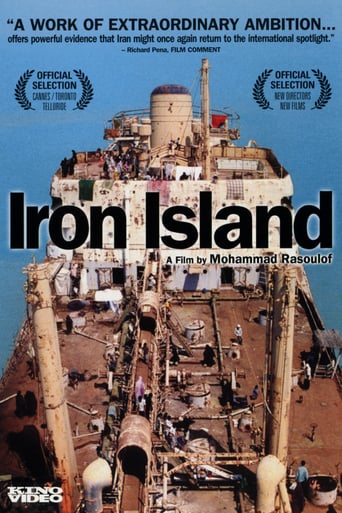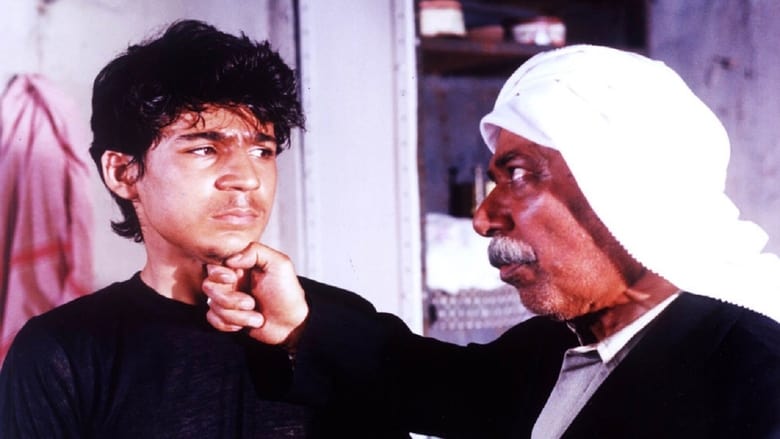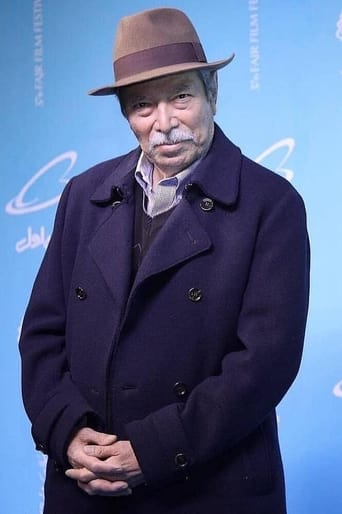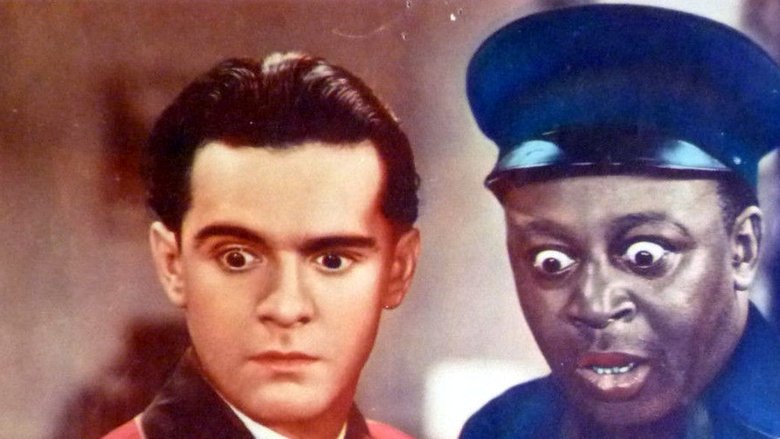Squatters live on a mothballed oil tanker in the Persian Gulf. The children attend a school on board; men harvest scrap metal and old oil in the hull; women keep house and raise children and Captain Nemat runs it all with an iron hand. We follow a lad who rescues fish trapped in the hull, an old man who stares at the sun, the idealistic teacher, and Ahmad, the Captain's assistant who has fallen in love with a young woman whose father wants to marry her to someone of means. What future has this sinking city?


Similar titles
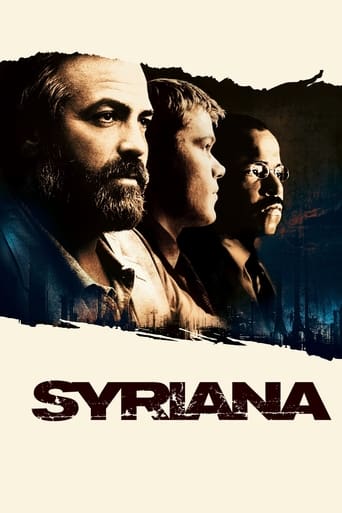
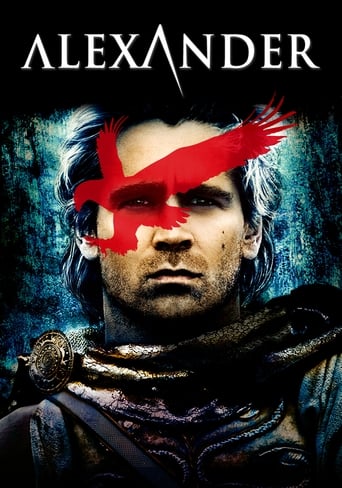
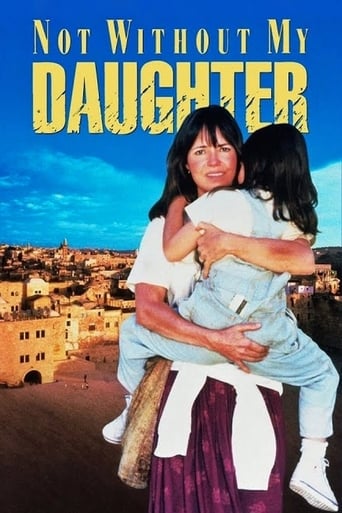

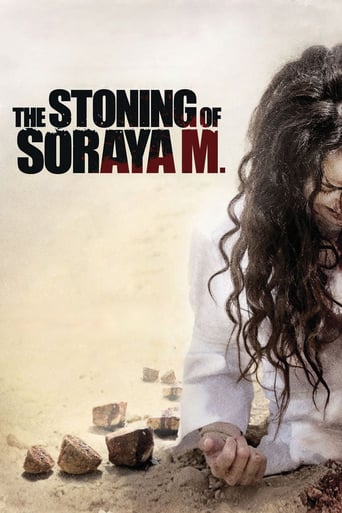
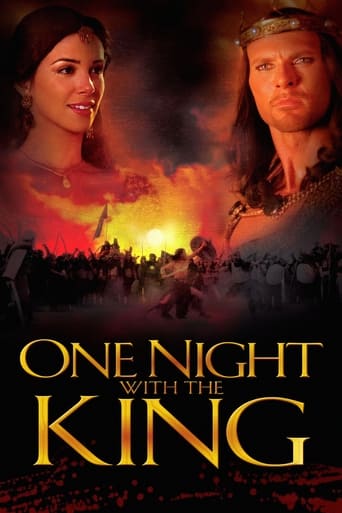
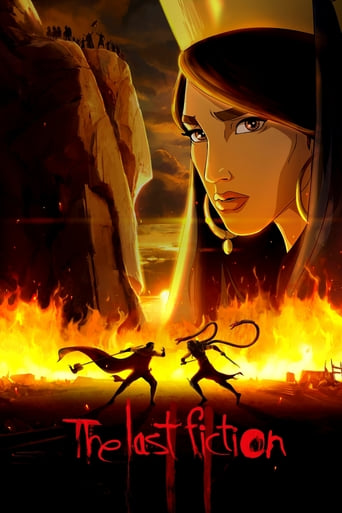
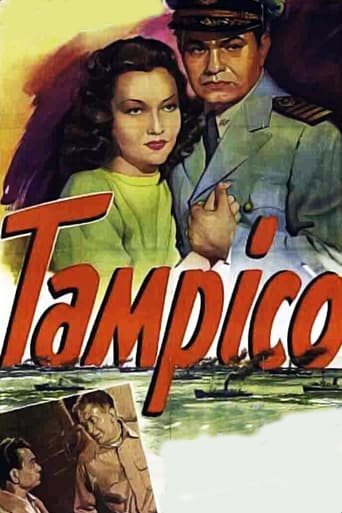
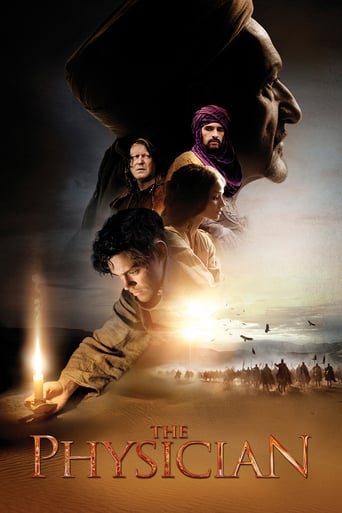
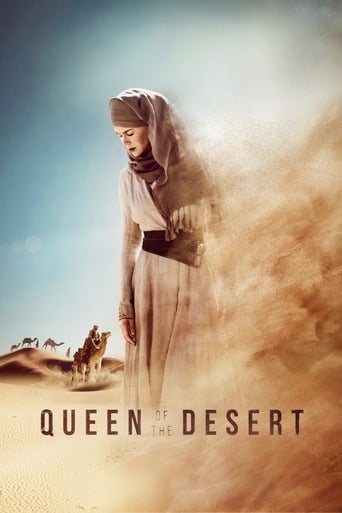
Reviews
While the works of maestro Kiarostami and Makhmalbaf are part of a more philosophical, sometimes Godardian/Haneke avant garde film school, Iron Island represents another side of iranian cinema, one that is closer to the classic "greek" Hollywood style. The plot driven film. But this is a plot driven film that also uses the plot to present a satire of the society. Not only the iranian but a more general comment on the modern society. The director is very precise and throughoughly chooses simple but strong symbols on presenting his work. A miniatyre society (on a rusty old oil tanker in the persian gulf that is constantly sinking) lead by captain Nemat. There is a fully (dis)functional society on this boat. Nemat is a strong totalitarian leader but a balanced person thats very hard to judge. Nemats complex character is one of the most well crafted and vital parts of this film. There is also a love story off course. A forbidden love between two of the youths on this boat. Nemat, these two youths a teacher/scientist and dozen of other characters each represent a person and a way of thinking that in addition to being autonome characters also are used to show Nemat. These persons are also used to show Nemat, by showing Nemats reaction to these people.Also the imagery is fantastic. The old rusty tanker a great contrast to the blue sea. Brown and yellow against the blue sea and the sky. Nemats (Nassirian is one of the most important theatre and film actors in Iran) face expressions alone, are just incredible (one can see parallels in the use of face expression to Eisensteins "Potemkin").In short, Iron Island is one of the most interesting Iranian films in a long time.
Iron Island (Jezireh ahani 2005), the second film written and directed by Iranian Mohammad Rasoulof, is a loosely constructed parable. Rasoulof conceived his tale originally as a theater piece, then turned it into a film by adopting a derelict oil tanker in the Persian Gulf as the setting and populating it with non-actors, sunni ethnic Arab Bandaris, a marginal group in Iran. The resulting style is a cross between Makhmalbaf and post-war Italian neorealism. One might think of the rusty ship with its squatters as like the shantytown in De Sica and Zavattini's Miracle in Milan, but things here are grimmer and more elemental. Everything revolves around a kind of benevolent dictator, a "Captain" (well-known actor Ali Nasirian), who cuts deals, settles disputes, and gives out orders. The Captain's full of friendly greetings for everybody but up close is an exploiter and not to be trusted. How all these people wound up here is a mystery but it provides Rasoulof with a ready-made microcosm. The meanings are up to you. There's crude oil on the ship and a gang of boys the Captain keeps working for him carry it and carved off scrap iron and sell both to buyers on land. Later the boys find a TV and get it working but the Captain grabs it and throws it overboard in anger. There's a teacher who teaches his charges to read using old newspapers and explains that the ship is in the sea and the sea is beautiful and is part of the world. Later when things get complicated because the Captain is going to give up the ship he removes the students and leaves the teacher to make chalk and give lessons to an empty classroom, and donkeys are stabled there instead. There's a special boy named Ahmad (Hossein Farzi-Zadeh) whom the Captain has adopted as his protégé but rather looks down on. The boy's in love with a girl on board, but she's to marry an older man the captain has arranged and he forbids Ahmad to go near her. But he cannot obey. Things are bartered and in one brief but highly charged scene Ahmad and the betrothed girl he fancies without seeing each other exchange clothing -- his T-shirt; her veil -- back and forth on a rope, as if they're undressing for each other and also trading love tokens. When the wedding takes place, in his frustration Ahmad steals the Captain's motorboat and escapes from the ship, but he's caught and subjected to cruel water torture with the entire community watching on deck: now we know this dictator isn't really so benevolent after all. The Bandari women wear veils that look like Venetian carnival masks. There's a dark, bright-eyed little boy people call Fish who rescues aquatic creatures who've slipped into the hold and takes them up and frees them. There's an old man in shades who stands outside looking at the sun all day, awaiting a sign. There's a handicapped boy whose daily assignment is to operate the mechanized lift that's used to bring people up and down from the ship. He also gets to carry out the water torture -- because Ahmad, bound hand and foot, is lowered into the sea on the lift -- and he revels in it. The teacher has been conducting a test that shows the ship is sinking. The captain rejects this assertion at first, but bowing to the inevitable in time gets everybody on board to sign over power of attorney to him, takes them on a "pilgrimage" to the desert, and sells the ship to businessmen for scrap. He promises the people will have a town that will be beautiful, but we don't believe him. The last images are of Fish trying to save fishes along the shore he has run away, but his project seems more futile than ever, though just as sweet. Rasoulof's narrative is rather haphazard. At times it seemed to me the relationships might have had more depth if the people were presented in an ordinary community, the boy's longing for the betrothed girl, for instance, and the schoolteacher whose classroom is at the whim of a local mayor. What would have become of the boy freeing fishes and the old man staring at the sun in normal conditions I don't know. The rusty ship may have struck the director as a wonderful idea but it turns out to be a bit of an albatross, a weighty but empty metaphor distracting us from more interesting human detail. But since this captain and his arbitrary world sticks in the mind, perhaps the whole thing wasn't such a bad idea after all. The cinematography makes good use of the authentic faces and the natural, often very low light contrasting with dazzling moments of sun. There are really three films here: one composed of of lovely images, another of rough parables, a third of social anecdotes. J.Hoberman wondered in his review how this film was shown at home and what it would mean there. It was shown in the New Directors/New Films series at the Film Society of Lincoln Center (March 2006) and then at Cinema Village, also in New York, but the film hasn't been shown in Iran yet, so those questions can't yet be answered. ©Chris Knipp 2006
I was most impressed by this movie, especially since I was going to it (with my wife) out of a sense of duty: it wasn't one of my choices at Toronto Film Festival. Frankly, I expected to be baffled and bored, as I have been by terribly earnest subtitled movies in the past. I was pleasantly surprised to find that it held my interest from the first scene. The unusual setting had a great deal to do with this -- the ship's crumbling superstructure, its dank and scary innards, the small domestic comforts of its tenants, the vast watery landscape outside -- all beautifully filmed. You are dumped right into the middle of all this, as if you were one of the tenants newly arrived, and watch a newbie get the full treatment from the Captain -- the leader and self-styled benefactor of this band of poor outcasts. You find your way around and get to know the people and their ways, but this is not a documentary, nor does it pretend to be. Our interest is not sociological, but just human. The Captain is at the centre of all this, and his character is at issue throughout. Is he really a saviour and benefactor, or is he just using the young men on board as a source of cheap (free, actually) labour so he can steal the remaining crude oil and valuable parts from the ship, before its owners send it to be cut up for scrap? By the time you have absorbed enough of the narrative to wonder about this, you have grown acquainted enough with the tenants' problems and aspirations to care deeply about this, and to follow his actions with keen attention. In the end, the viewer has to make up his own mind about the character of the man, the rightness of his actions. There is no foregone conclusion.
I saw this film at the 2005 Toronto International Film Festival.Iron Island is the second feature film from Iranian director Mohammad Rasoulof, who also wrote the screenplay. Iron Island refers to an old, abandoned oil tanker floating in the Persian Gulf, populated with all sorts of people and presided over by Captain Nemat (Ali Nasirian). The ship is a miniature city, with its own school and barter economy, and Nemat is constantly running about, seeing to the needs of the people under his protection, while at the same time overseeing the gradual disassembly of the ship for scrap metal.The ship contains a whole coterie of characters, including the young man Nemat adopted who is in love with a girl betrothed to another man; the old man who is constantly looking out into the distance for who-knows-what; the young boy who is trying to rescue fish from the hold and return them to the ocean; the teacher who insists the boat is slowly sinking. Under threat from the authorities to abandon the ship, Nemat must decide what to do to keep his little city together.The film was enjoyable, and it was fascinating to watch the society that Nemat had built up on his own little floating island. The characters were absorbing to watch, especially Nemat, who seemed to be partially motivated out of love for his charges, and partly because he wouldn't know what to do with himself if he wasn't leading the people.Director Mohammad Rasoulof attended the screening and did a Q&A: - The film is about the isolation and loneliness of a society, but one that still has a beautiful life.The story is purely fictional.Nemat disconnects the people from the outside world from the moment they arrive, resulting in the people willing to follow or do whatever the captain wants. When a society is completely cut off from the outside, whatever is left rules you.The film has not yet screened in Iran; they are currently waiting permission that has been promised to them.Every film, poetic or not, goes back to the filmmaker and what they want to say; and this film is what Rasoulof wants to say.Any artistic work has many different layers, with the plot/story being the one on top. The same thing happens in different places, not just one society. The film is not a metaphor for Iran in particular.The script was originally written as a theatre piece 10 years ago. Rasoulof rewrote it two years ago, and put the ship as a character in it.The cast and crew of about 350 had to commute 10 km a day to the ship.The people in the area where filming took place are very religious and were uncomfortable with the idea of being in a film, so Rasoulof had to go to an area about 60 km away, where many of the people had emigrated from elsewhere, for his cast.Ali Nasirian, who plays Captain Nemat, is a renowned actor in Iran, and did a lot for the film.Each one of the characters in the film is based on someone Rasoulof knows. The little fish boy is based on his own childhood and that of his brother. The man watching the horizon is someone Rasoulof remembers from growing up. The teacher is someone he knows well.The idea for the ship just came to Rasoulof, and he wasn't sure how. He just said there are times one is inspired by such ideas.There is one scene when the older boys are watching satellite TV. The TV was originally supposed to be playing Titanic, starring Leonardo DiCaprio, but they couldn't get the copyright to do so.On the issue of censorship, Rasoulof said he basically made the movie he wanted to, and let the censors excise what they wanted.
